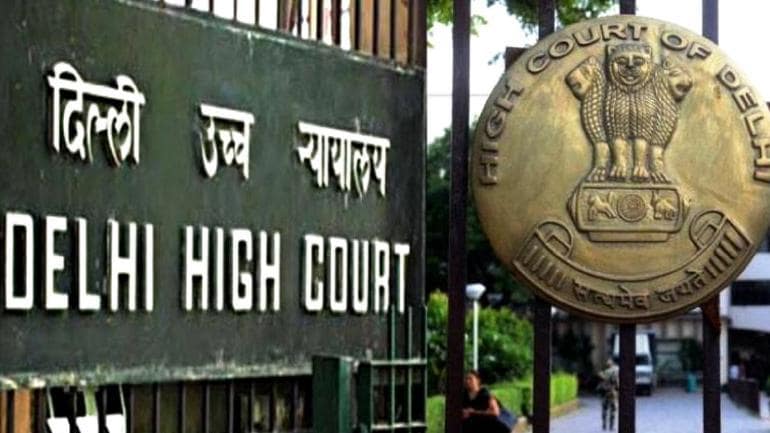The High Court of Delhi has dismissed a public interest litigation seeking setting up of a regulatory authority to review the contents of non-film songs on the grounds that the Central government had clear regulations to keep a tab on the information available on various media platforms.
The Division Bench of Chief Justice Satish Chandra Sharma and Justice Subramonium Prasad observed that the Union government had laid down a clear regime to regulate the content available on public platforms.
The petition had sought immediate ban on all non-film songs having obscene or vulgar content.
It noted that the Cinematograph Act, 1952, and the Cable Television Networks (Regulation) Act, 1995 addressed the issue regarding regulation of content being telecast on television.
The High Court observed that mandating a statute or adding provisions to a statute amounted to legislation, which was not permissible in the constitutional scheme of this country.
It said the role of judiciary was primarily to test the legality of a statute and not to amend or modify a statute. Setting up of tribunals, authorities and regulators came purely within the domain of legislature and not in the domain of courts.
The Bench observed that the Union of India had laid down a regimen under the Information Technology (Intermediary Guidelines and Digital Media Ethics Code) Rules, 2021, which was to be followed by every intermediary.
It further pointed out that Rule 3 & 4 of the Ethics Code applied to various intermediaries like Youtube, WhatsApp, Twitter, Facebook.
Read with the IT Act, the guidelines regulated the nature of content that should not be hosted by these platforms and also provided for offences in case of violation of the Ethics Code. In addition to offences under the IT Act, the violators could also be booked under the Indian Penal Code, added the High Court.
It said the grievance of the petitioner regarding regulation of non-film songs, their lyrics and videos available on various media platforms was taken care of by the Ethics Code and the regime framed under it.
The Bencho further pointed out that Section 7 of the Ethics Code stated that whenever an intermediary failed to observe these rules, the provisions of sub-section (1) of Section 79 of the Act shall not be applicable to such intermediary and the intermediary shall be liable for punishment under any law for the time being in force, including the provisions of the Act and the Indian Penal Code.
As per the High Court, Part III of the Ethics Code applied to publishers of news and current affairs content and publishers of online curated content and other intermediaries, which disseminate information on various social and digital media platforms.
(Case title: Neha Kapoor & Anr vs Ministry of Information and Broadcasting & Anr)


